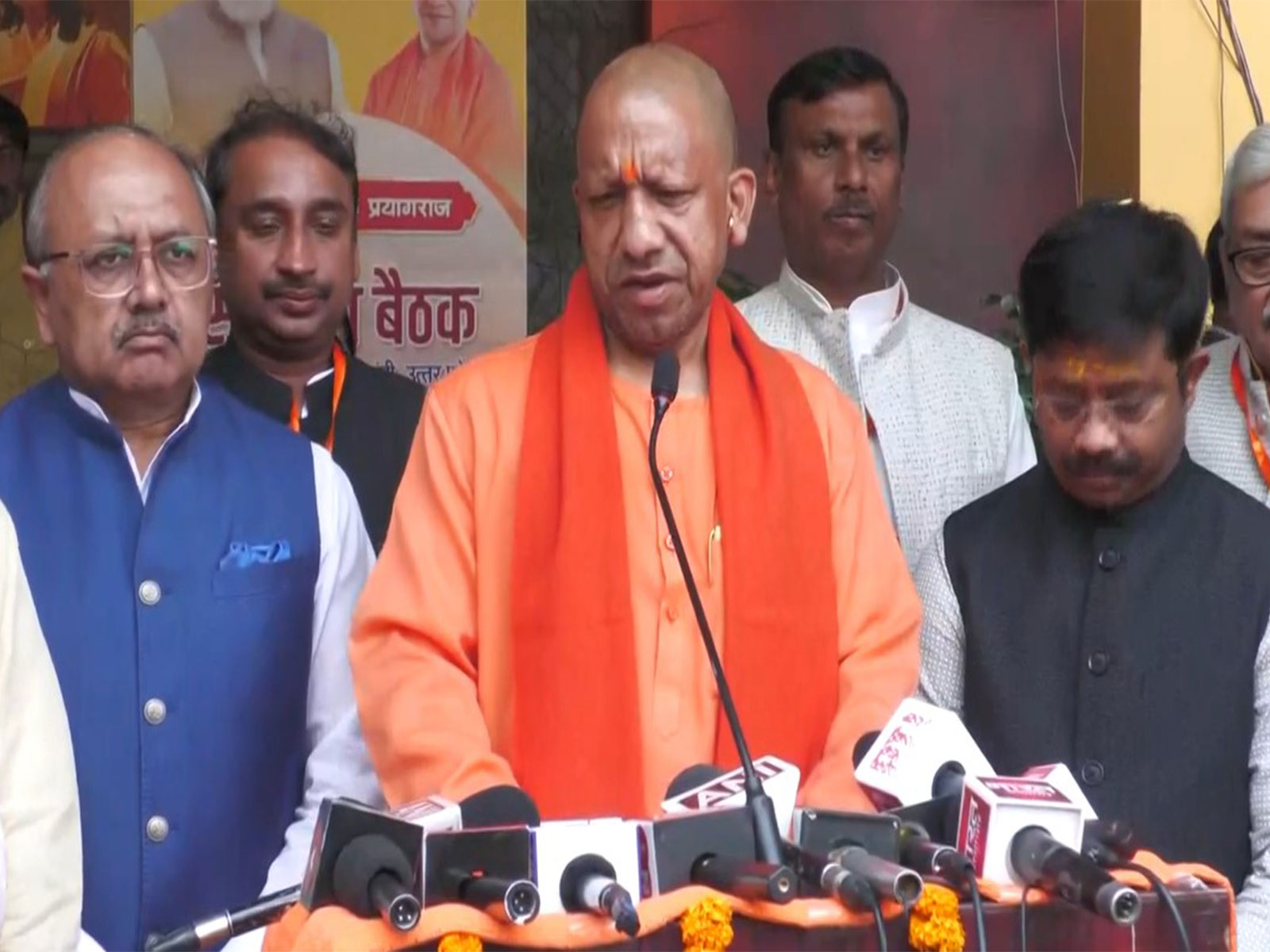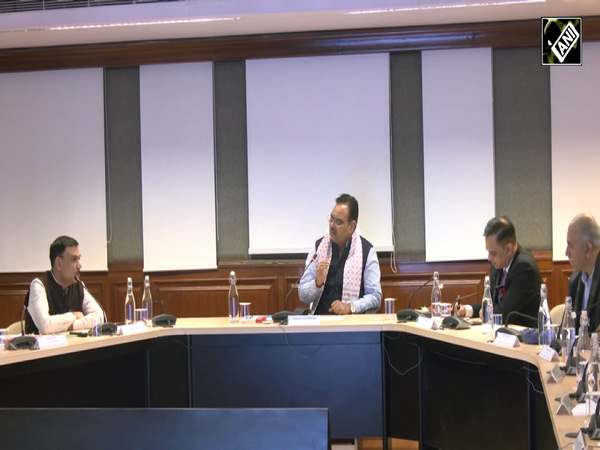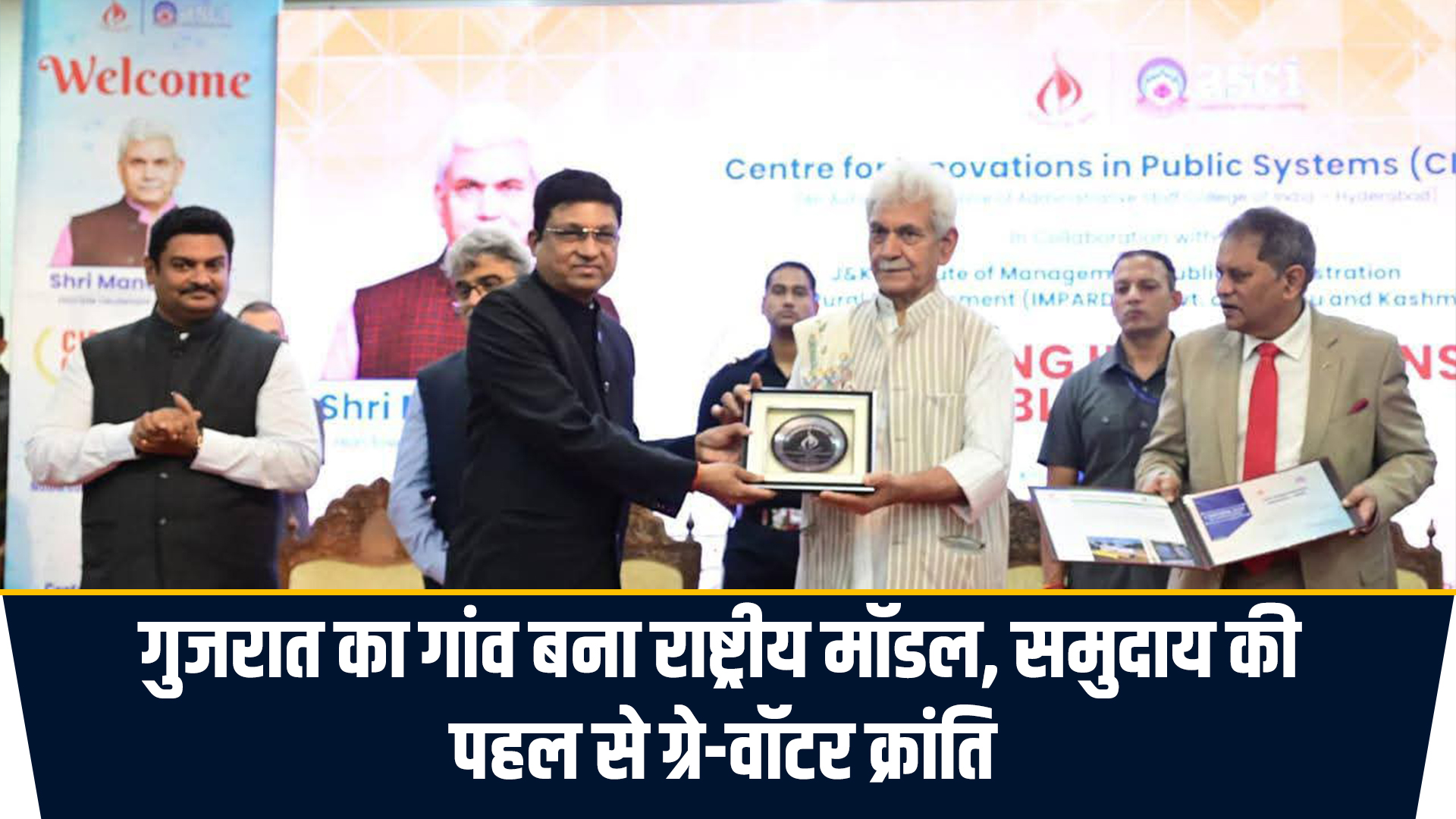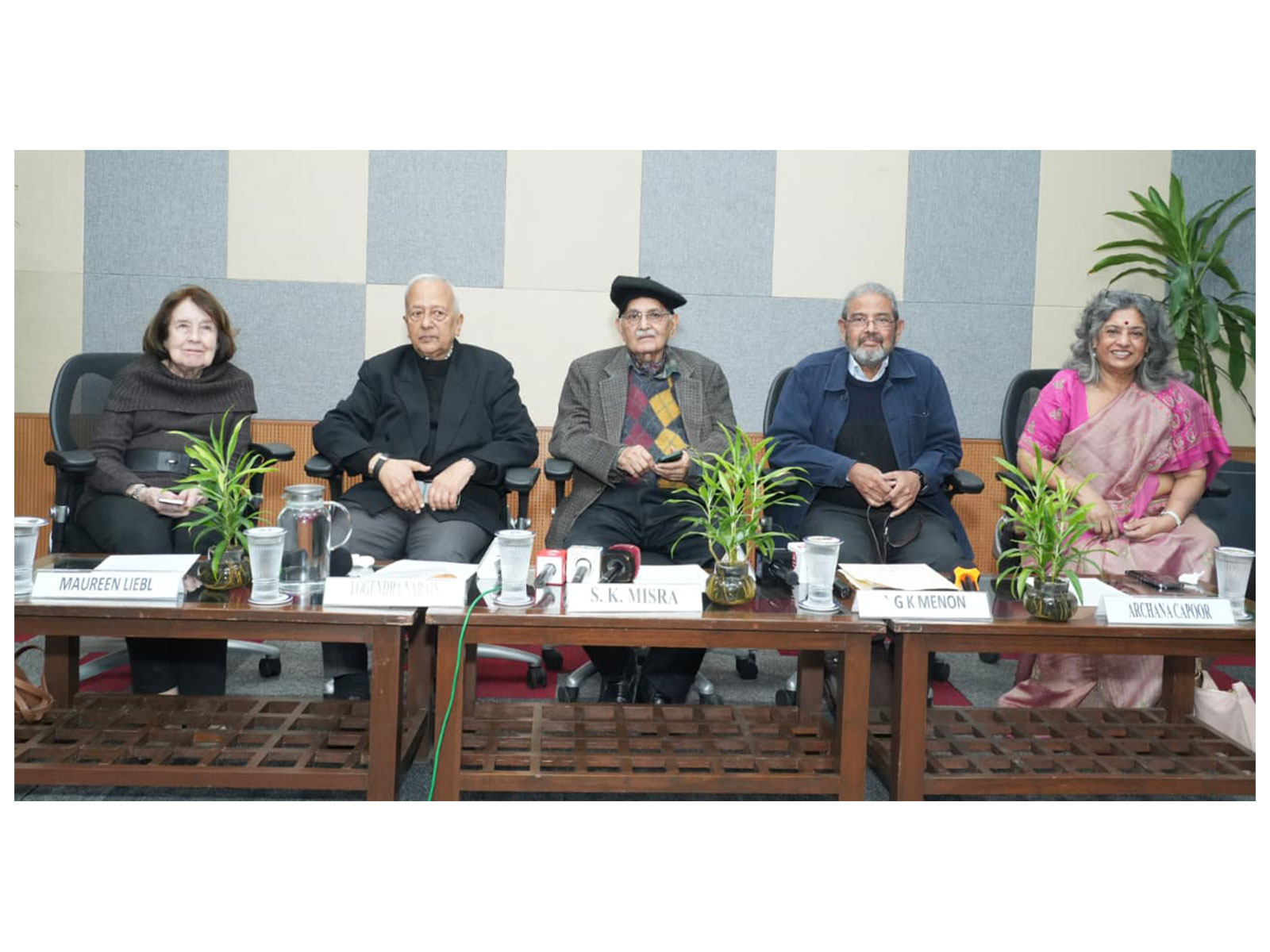
Thoothukudi MP Kanimozhi slams Centre's new Labour Codes
Nov 22, 2025
Thoothukudi (Tamil Nadu) [India], November 22 : Thoothukudi MP Kanimozhi Karunanidhi on Saturday alleged that the Union Government is continuously passing laws that work against workers' interests, aiming to strip trade unions of their rights and turn the nation into an administration favouring corporate owners.
Speaking to the media in Thoothukudi, Karunanidhi criticised the Central Government for implementing four new labour laws, claiming they undermine workers' rights and strengthen employers' control.
"Such policies of the Bharatiya Janata Party cannot be accepted and must be firmly opposed," she said.
Earlier in the day, MP Kanimozhi inaugurated a newly constructed multi-storey housing complex at Ayyanadayappu Panchayat in the Thoothukudi district. Built at a cost of around ₹20 crore by the Tamil Nadu Urban Habitat Development Board, the residential units were handed over to the beneficiaries during the event.
In a historic decision, the Government of India has announced that the four Labour Codes, the Code on Wages, 2019, the Industrial Relations Code, 2020, the Code on Social Security, 2020 and the Occupational Safety, Health and Working Conditions Code, 2020, are being made effective from 21st November, rationalising 29 existing labour laws, according to the Ministry of Home Affairs.
By modernising labour regulations, enhancing workers' welfare and aligning the labour ecosystem with the evolving world of work, this landmark move lays the foundation for a future-ready workforce and stronger, resilient industries driving labour reforms for Aatmanirbhar Bharat.
According to an official release issued by the Ministry of Labour and Employment, many of India's labour laws were framed in the pre-Independence and early post-Independence era (1930s-1950s), when the economy and the world of work were fundamentally different.
While most major economies have updated and consolidated their labour regulations in recent decades, India continued to operate under fragmented, complex and in several parts outdated provisions spread across 29 Central labour laws.
These restrictive frameworks struggled to keep pace with changing economic realities and evolving forms of employment, creating uncertainty and increasing compliance burden for both workers and industry.
The implementation of the four Labour Codes addresses this long-pending need to move beyond colonial-era structures and align with modern global trends.
Together, these Codes empower both workers and enterprises, building a workforce that is protected, productive and aligned with the evolving world of work -- paving the way for a more resilient, competitive and self-reliant nation.























